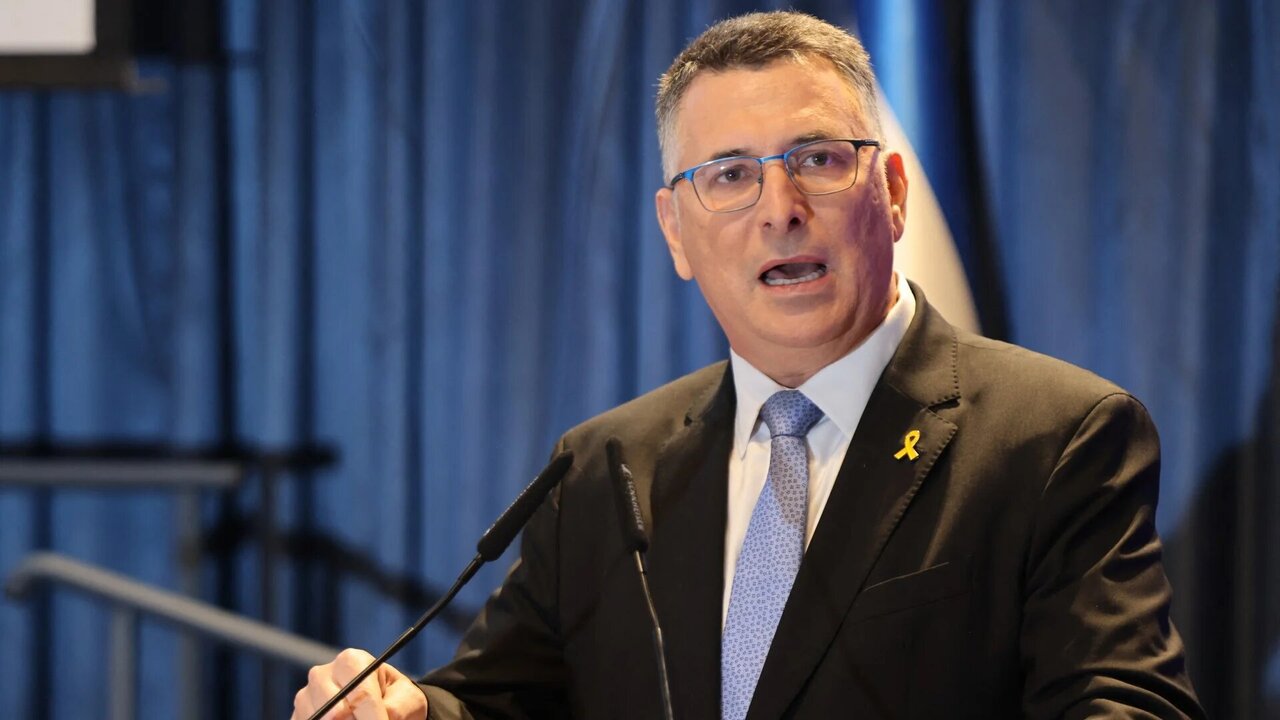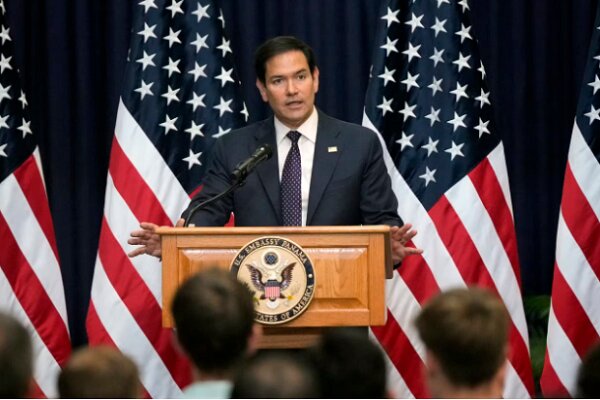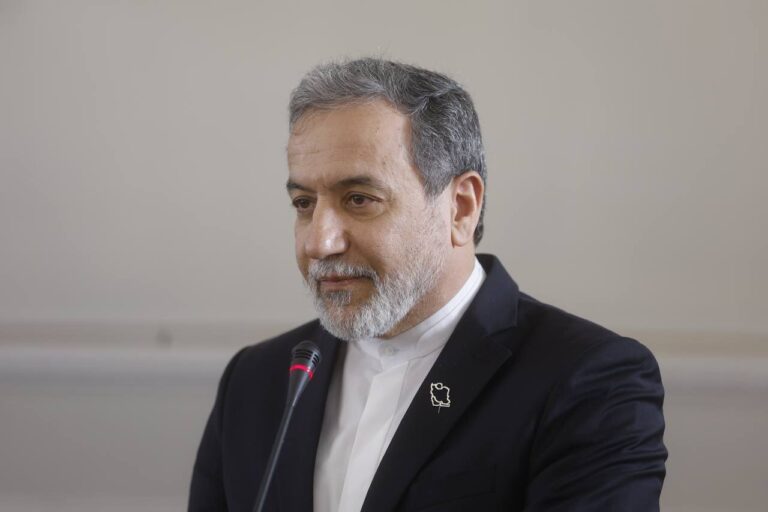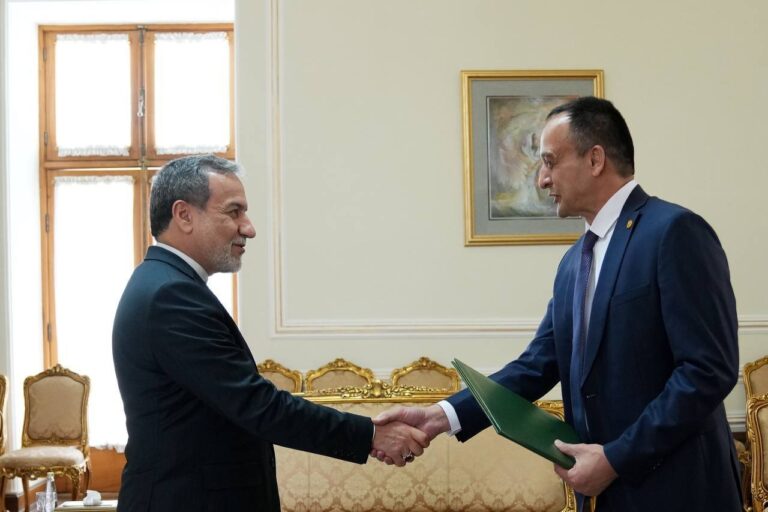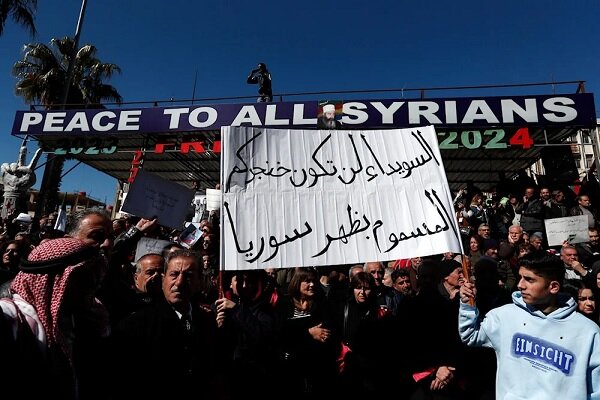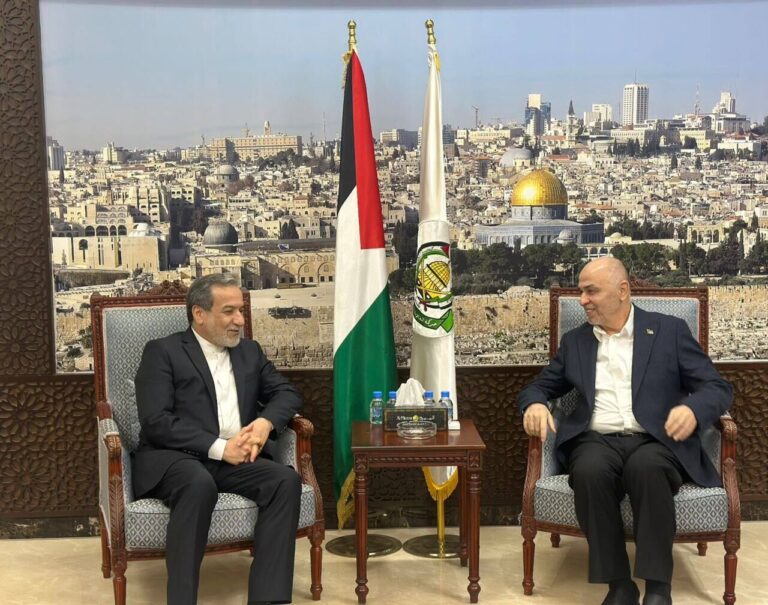Israel’s Foreign Minister Denounces ICJ Hearing on Gaza: A Controversial Legal Showdown
The recent developments regarding humanitarian aid to Gaza have sparked a heated debate on international platforms. The Israeli foreign minister, Gideon Saar, has voiced strong objections to the ongoing hearings at the International Court of Justice (ICJ). He claims that these proceedings are part of a broader agenda aimed at the “systematic persecution and delegitimization” of Israel.
During a live briefing, Saar articulated his concerns, stating that the court is “becoming completely politicized.” He described the current hearings being conducted in The Hague as “shameful,” indicating his belief that the judicial process is being used for political ends rather than for impartial justice.
The ICJ has commenced hearings to assess Israel’s obligations regarding the provision of humanitarian assistance to Palestinian civilians in the occupied territories. This legal scrutiny brings the long-standing conflict in Gaza back into the international spotlight, raising critical questions about the humanitarian situation on the ground.
Since March 2, Israel has imposed severe restrictions on the entry of essential aid, including food and medical supplies, into Gaza. The United Nations food agency has issued dire warnings of potential mass starvation in the region. As the humanitarian crisis deepens, the need for immediate international attention and action becomes increasingly urgent.
- Humanitarian Aid Blockade: Israel’s blockade has severely restricted the flow of vital supplies into Gaza.
- UN Warnings: The UN food agency has alerted the global community to the risk of mass starvation among Gaza’s population.
- ICJ’s Role: The International Court of Justice is examining Israel’s legal responsibilities to facilitate humanitarian aid.
- Political Allegations: Israeli officials claim that the proceedings are politically motivated rather than based on legal principles.
The ongoing hearings at the ICJ are particularly significant as they underscore the complexities of international law and humanitarian obligations amidst a backdrop of geopolitical tensions. The court’s examination of Israel’s duties to ensure and facilitate humanitarian assistance could set important precedents for how such situations are handled in the future.
As the situation unfolds, the implications of the ICJ’s findings could resonate far beyond the immediate conflict, potentially influencing international norms regarding humanitarian interventions and state responsibilities in conflict zones.
In the face of such dire humanitarian needs, the international community is urged to act swiftly and decisively. The consequences of inaction could be catastrophic for the people of Gaza, who are already enduring significant hardships as a result of the ongoing conflict.
The Israeli government, while asserting its right to protect its national security, must also consider the humanitarian impact of its policies. The balance between security and humanitarian obligations is a delicate one, and failure to address these issues could lead to further escalation of the conflict.
In summary, the situation in Gaza continues to be a focal point of international concern, with the ICJ hearings serving as a critical platform for addressing the urgent need for humanitarian assistance. As discussions progress, it is essential for all parties involved to prioritize the welfare of civilians and work towards a sustainable resolution that respects both human rights and national security.
As the international community watches closely, the hope remains that constructive dialogue and legal accountability will pave the way for a more humane approach to the ongoing crisis in Gaza.
Moving forward, the outcomes of this legal examination and the responses from various stakeholders will be crucial in shaping the future of humanitarian efforts and international relations in the region.
